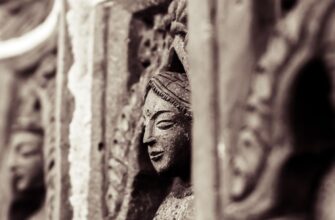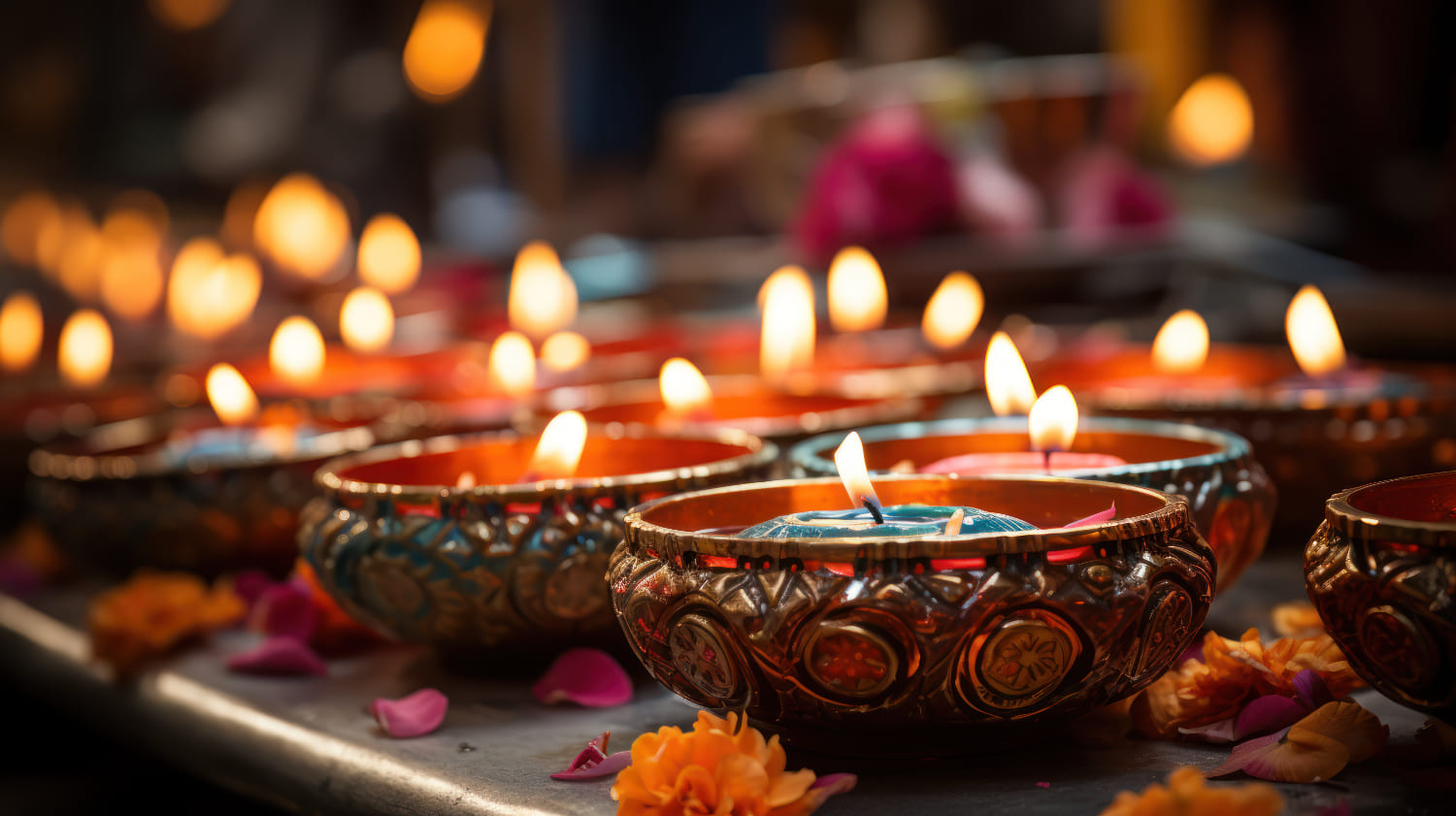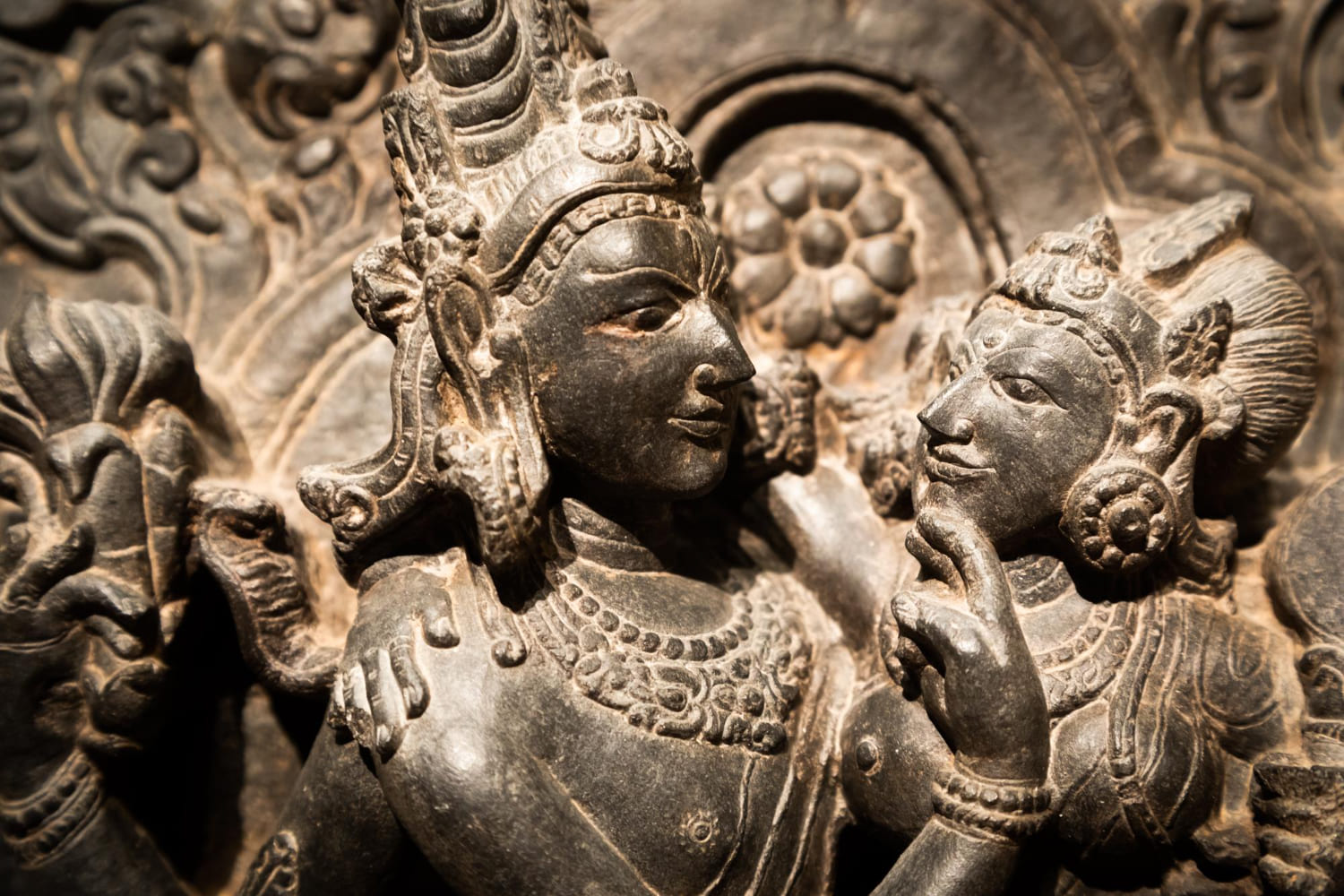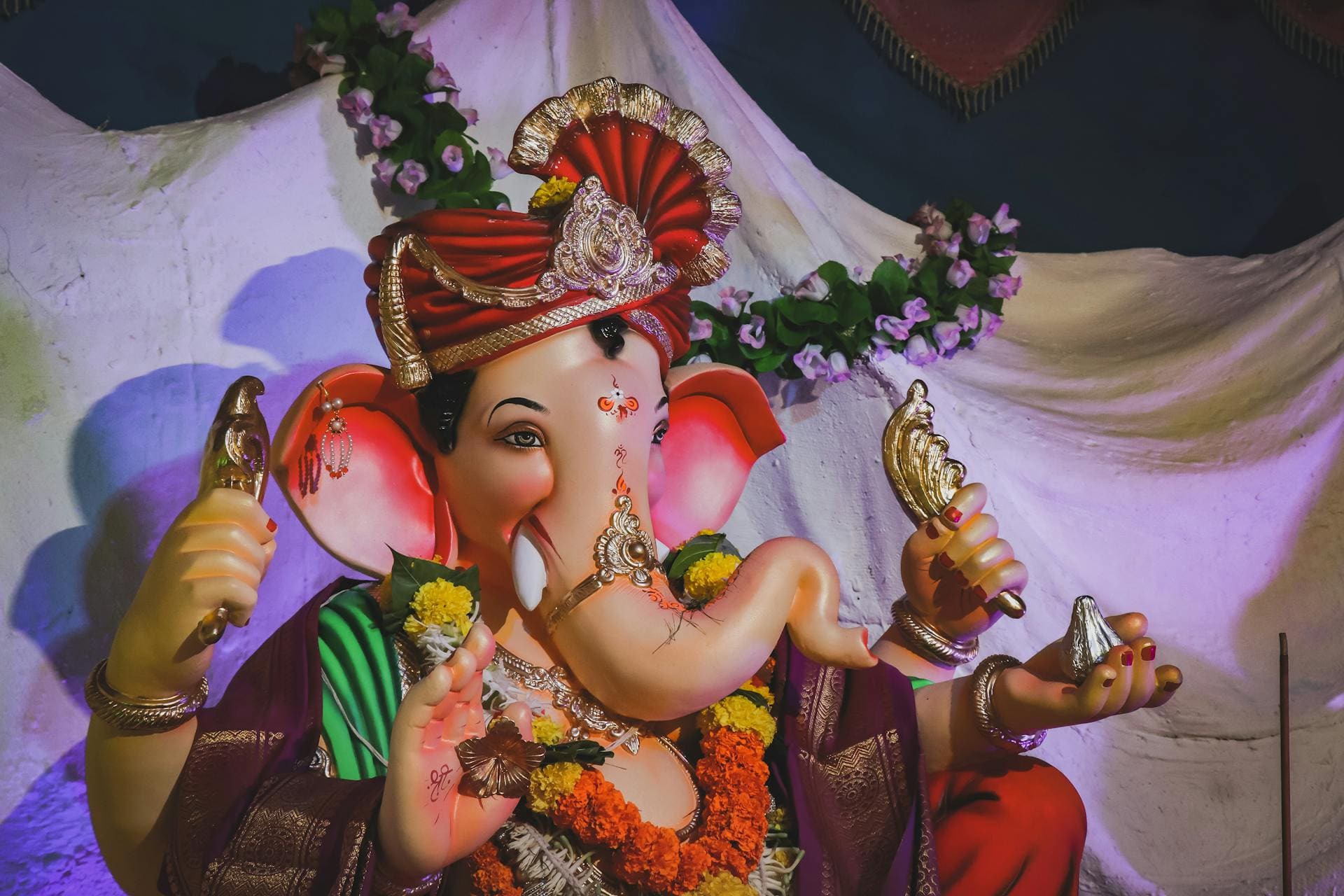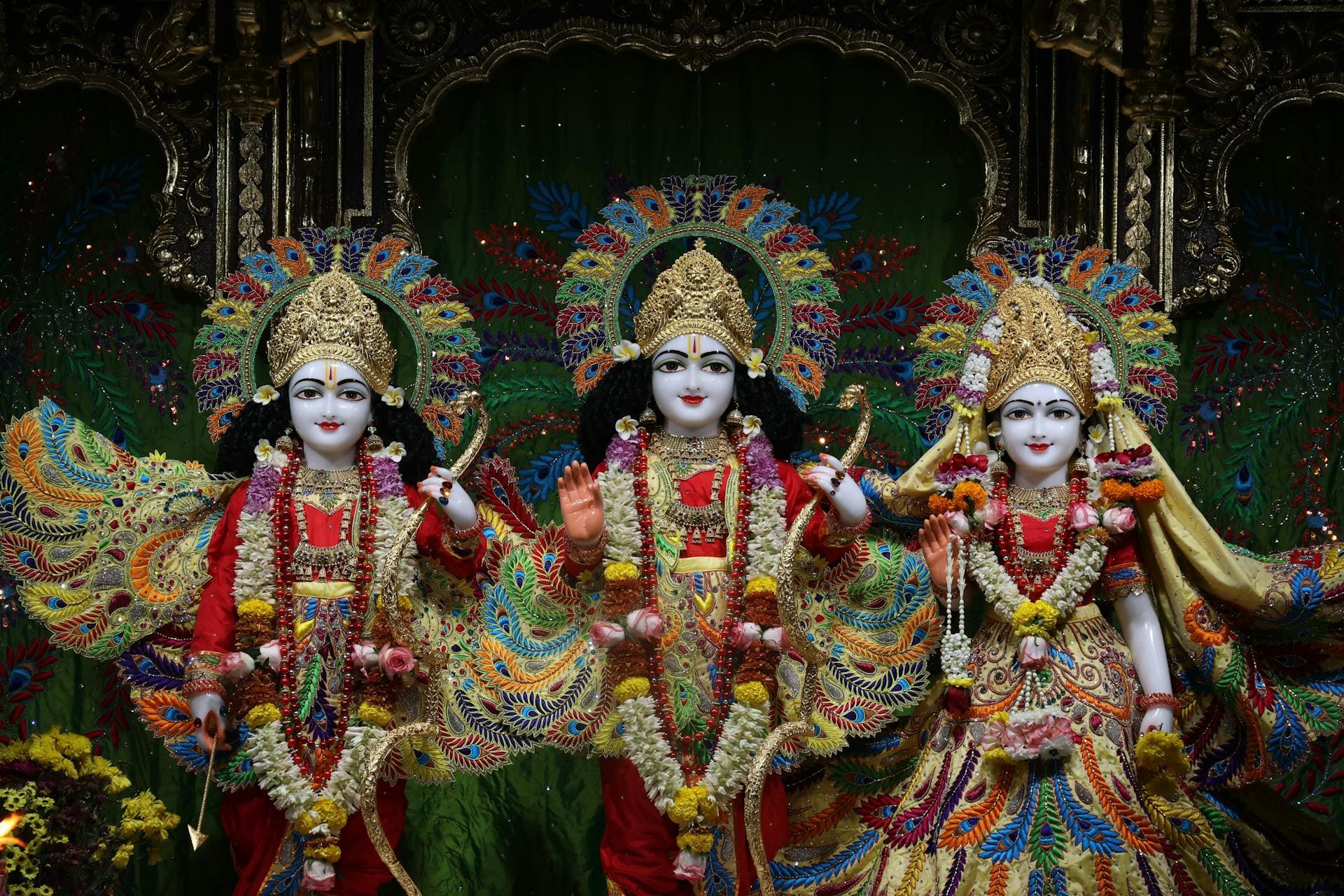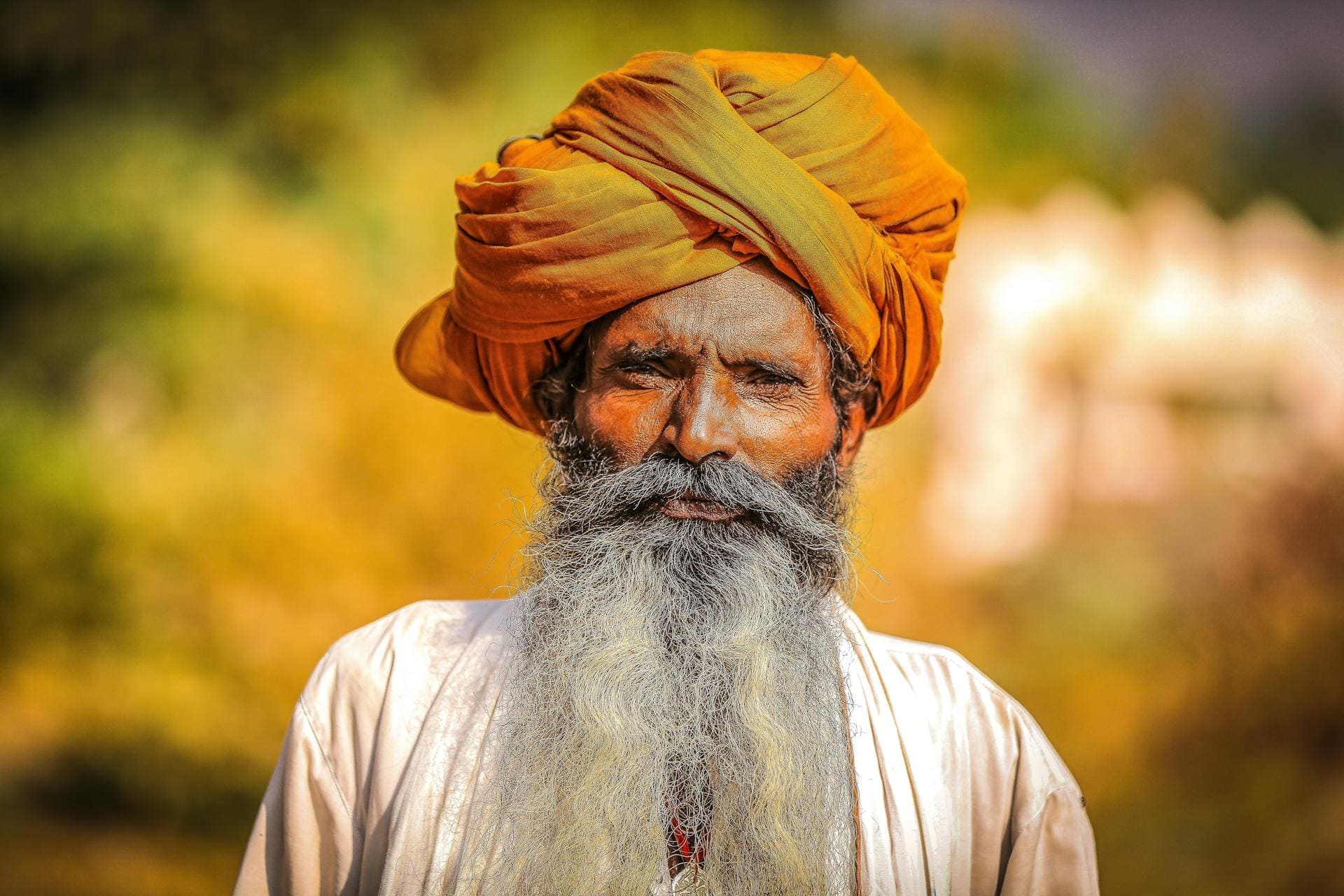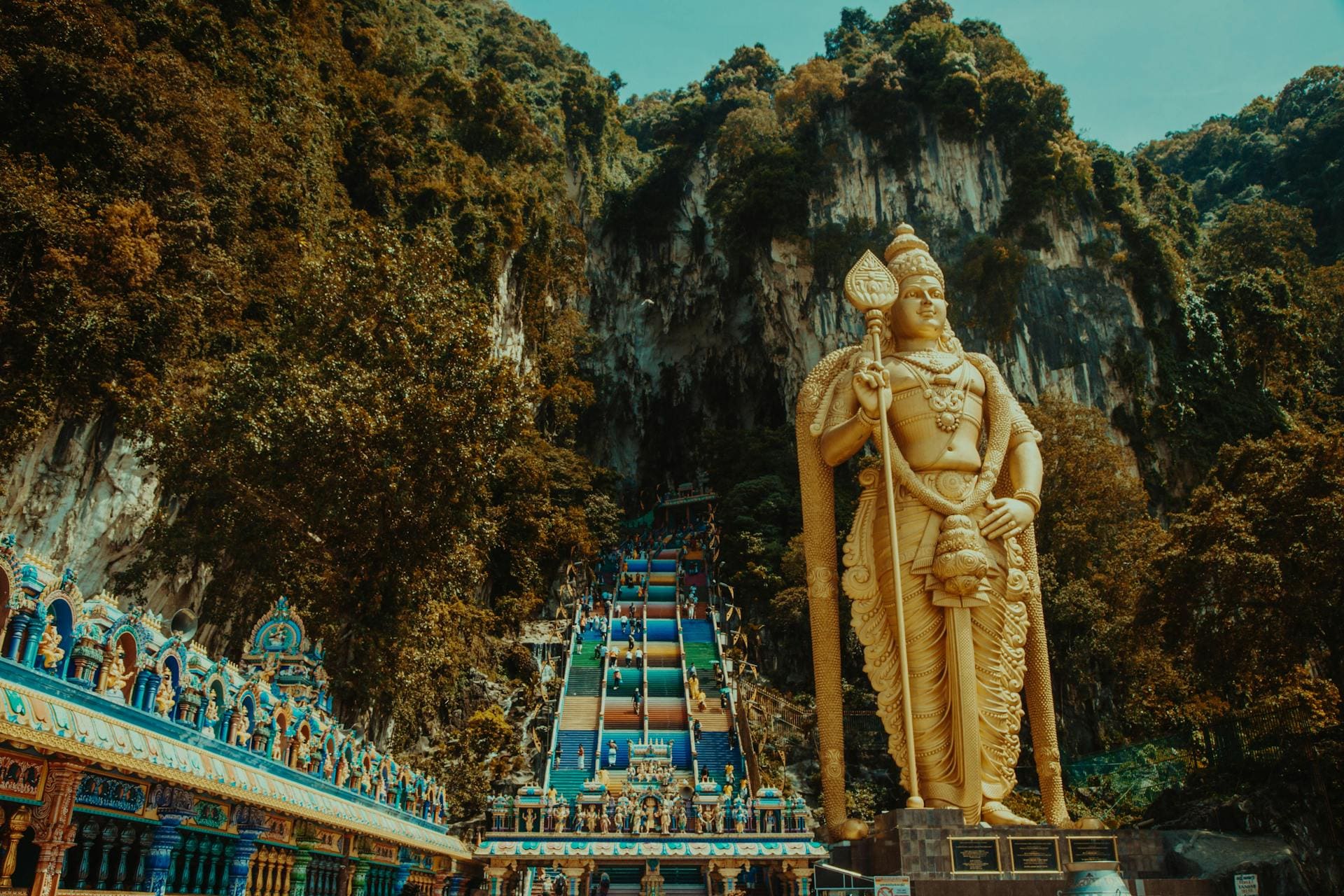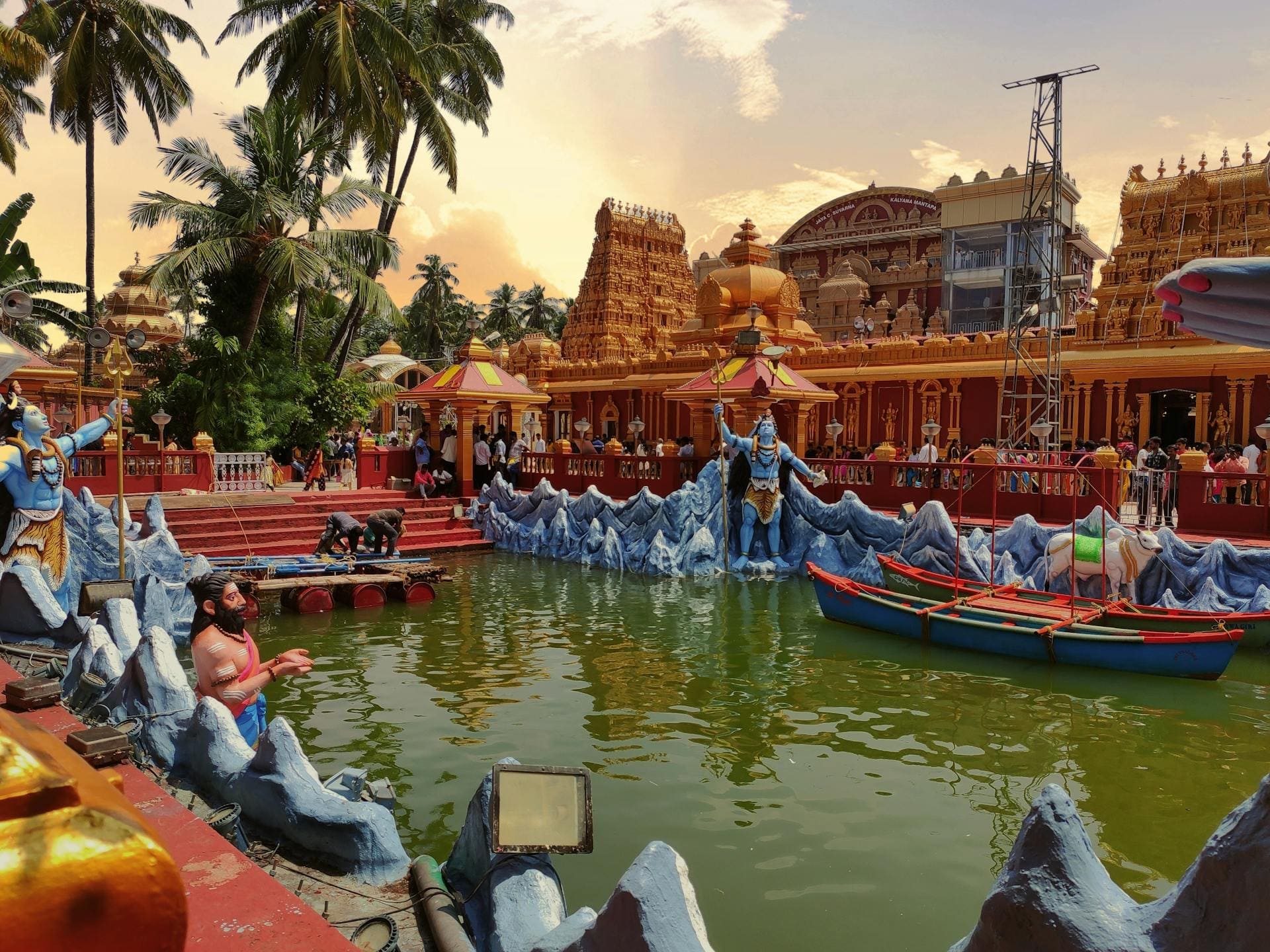According to the Western understanding of death, the total cessation of the heart, breathing, and brain activity is the permanent halting of all vital processes.
Although this accurately describes when someone’s life ends, many people think life continues even after death.
Yes, In Buddhism, Jainism, Sikhism, and Hinduism, reincarnation is widely accepted. However, in each of these groupings, fewer than 50% of Indians claim to believe in reincarnation.
Let’s explore what Hindus believe about reincarnation, the different facets of reincarnation, and a brief explanation of the Hindu belief in Moksha.
What is the Hindu Reincarnation?
The soul lives on after the death of the body, hence the demise of the physical existence does not spell the end of life.
It still exists in the etheric body, the twin of the physical body. The heavenly body, sometimes called Devaloka or the Second World, is made of celestial matter and resides in another dimension.
In other words, the soul keeps existing in the etheric body after it passes away to better itself, grow spiritually, and progress.
Its karma causes it to reincarnate into a physical existence when the time is right. Therefore, the spiritual form and the spirit it houses change into a new tangible body.
When the soul progresses spiritually and reaches a certain degree of maturity or perfection, this cycle is continually repeated.
These never-ending phases of birth and dying are known as samsara. The soul travels from one bodily existence to the next.
Hinduism holds that each time the soul performs this, it has reincarnated. This is the practice referred to as “reincarnation.”
The Hindu does not believe in a single life on Earth followed by an everlasting cycle of bliss or misery.
Hindus know that all souls return to life, taking on many bodies as they progress through a long experience process.
Hindus do not fear death, and it does not end their lives; rather, it liberates them to pursue further growth, much like how a caterpillar becomes a delicate butterfly. The soul has no time limit and never passes away.
The soul survives bodily death and pursues its laborious path toward union with its creator, God, under the guidance of karma.
Reincarnation is a part of Samsara, the cyclical pattern of birth, dying, and rebirth. Physical death is an entirely normal transition for the soul.
When a person dies, their souls depart from their physical existence in the initial world and spend some time in the next world, also known as Devaloka, before returning to the first world, also known as Bhuloka.
What are the Facets of Hindu Reincarnation?
Reincarnation has several facets. Eliminating the natural fear of dying has been their religion’s principal source of consolation.
Hindus do not expect or fear death; all know that life is eternal. The astral body, a copy of the physical body, is where awareness stays after departing the physical body.
The Devaloka sustains connections, sentiments, and thoughts.
Life’s events cannot be escaped. Whatever their karma may be, whether it be good, bad, or mixed, they must go through it again.
For instance, committing suicide merely intensifies one’s karma, resulting in a string of instant lower births and requiring many lifetimes for the spirit to revert to the same evolutionary stage it was in at the time of the suicide.
The slow wheel of Samsara now turns because the lingering karma has to be addressed and rectified.
What is Moksha?
Hindus believe the soul progresses toward perfection with every new body it inhabits.
Hinduism holds that to ensure a good birth each cycle, one must follow natural laws, complete karma in this life, and refrain from creating unfavorable new karmas.
The soul body evolves to the point where it is not necessary to go through a physical manifestation after God-realization has been attained and after numerous glorious incarnations.
It continues to expand on the deeper levels of consciousness. This release from Samsara is known as moksha. The soul is said to be unbound by the binds of birth and death.
Final Thoughts
The complete cessation of heart and breathing, and Westerners see brain function as the irreversible termination of all living functions.
Many believe that life continues even after death, even though this truly defines when someone’s life ends.
Reincarnation is generally acknowledged in Hinduism, Buddhism, Sikhism, Jainism, and Buddhism.
Less than 50% of Indians believe in reincarnation in any of these groups, though.
